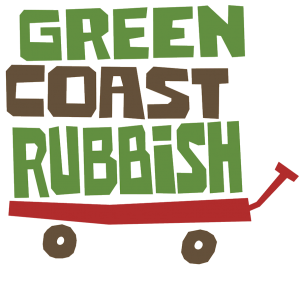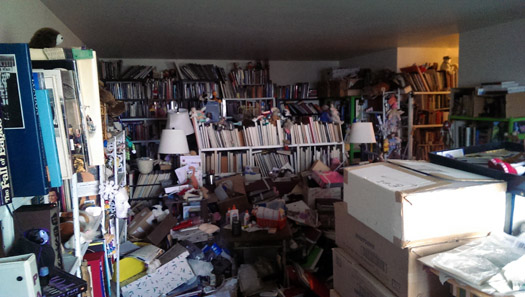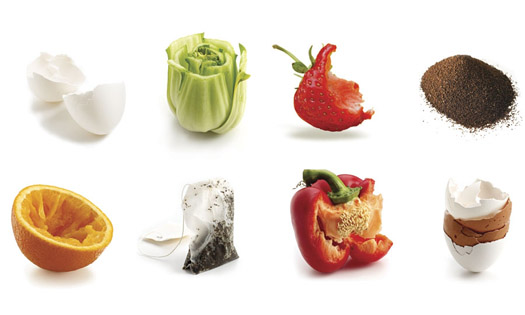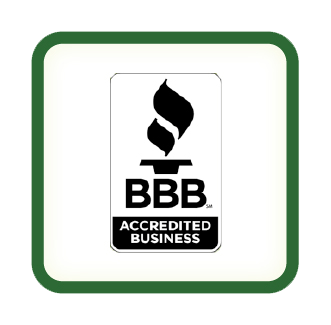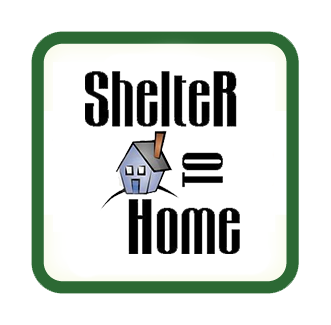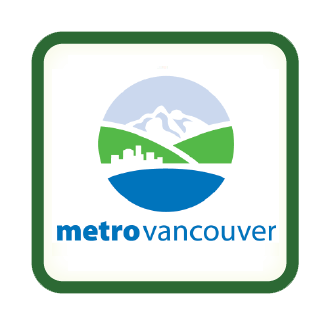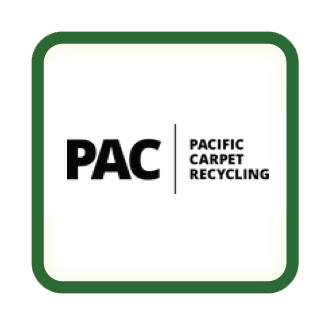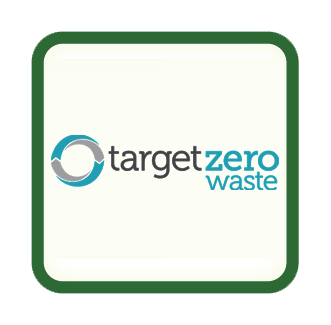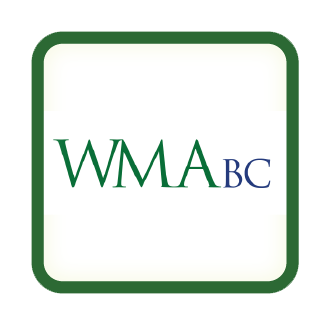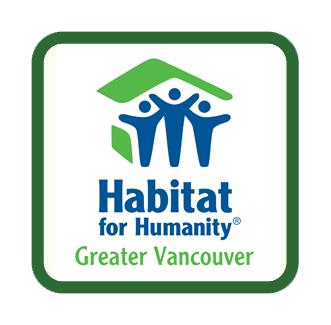Cleaning of Hoarding Properties
Hoarding is a compulsive behavior that can cause people to collect excessive amounts of items, animals, or garbage in their homes, and feel unwilling or incapable of getting rid of them. It’s an extremely complex issue that can have many negative psychological, health, and safety implications-to the individuals within the space, as well as building owners and surrounding neighbors.
Here are just a few examples of the types of situations we’ve seen:

Besides having the potential to cause tens of thousands of dollars in property damage, hoarding can also pose threatening health and safety risks, and the accumulation of garbage can lead to infestations of vermin and insects.
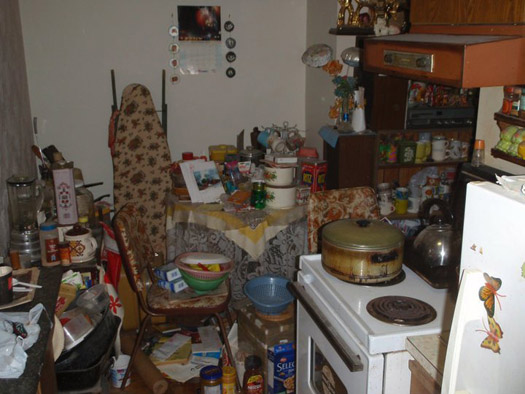
There are hundreds of instances of hoarding throughout the Lower Mainland every year. In extreme cases, some properties have caught fire, or had permanent structural damage to buildings. The issue has gotten so serious that the City of Vancouver has set up a Hoarding Action Response Team to help address the issues, in areas such as the Downtown Eastside.
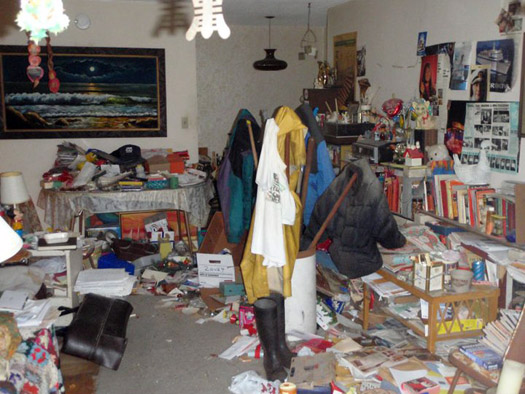
For property owners and building managers, dealing with the aftermath of tenant hoarders can feel like a nightmare. At Green Coast Rubbish, we’ve had extensive hands-on experience tackling these types of situations. We alleviate the stress by helping clients and their families sort, remove, and dispose of any and all unwanted items — and ensure that everything is diverted or recycled through the proper channels. For more information about our range of services, please feel free to contact us.
